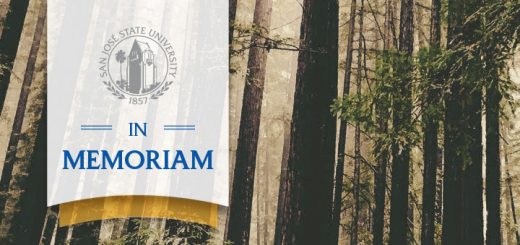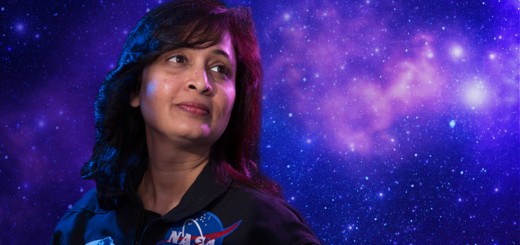Editor’s Perspective: Our Words Matter
As a writer and editor, I try to choose my words carefully, to communicate precisely. It doesn’t always work. Words can be loaded with unintended meaning, depending on who is reading or hearing them. Even with effort and good intentions, words can inflame, incite and hurt.
When I get my words wrong or I’m feeling disillusioned by daily rhetoric—or I’m stunted by writer’s block—I head to the top shelf of my bookcase for guidance and inspiration from poets like Langston Hughes.
Sometimes perhaps you don’t want to be a part of me.
Nor do I often want to be part of you.
But we are, that’s true!
As I learn from you,
I guess you learn from me—”
Hughes’ “Theme for English B” is an example of how reading poetry can be an exercise in perspective taking, slowing down to see and listen to each word and how it interacts with its neighbors. Close reading unlocks words, ideas and actions. Writer’s block usually happens when I’ve been stuck inside my own head for so long I can hear a cavernous echo. The surest way out of the dark is to shine a little light from someone else. Poets often lead me down unexpected paths, juxtaposing and lyrically locating words, spaces and punctuation, helping me find a way through.
San Jose State celebrates Legacy of Poetry month every April. Javier Zamora, Juan Felipe Herrera, Peter Balakian, Carmen Gimenez Smith, ’94 English, and Dana Gioia shared their poetry and perspectives this year. SJSU’s annual festivities always include at least a mention of Edwin Markham’s (1852 – 1940) “The Man with a Hoe,” in which the early San Jose State alumnus described the shape of man “bowed by the weight of centuries.” Its language led the world to see and feel the back-breaking burden of laborers. Markham’s poetry readings and lectures to labor groups also inspired a dialogue.
How will you ever straighten up this shape;
Touch it again with immortality;
Give back the upward looking and the light;
Rebuild in it the music and the dream … ”
As the nation marches and rallies for equity, for safety and for freedom, our words are spoken, drawn and painted—or attached to hashtags—to move people left and right, and, hopefully, toward understanding. Our dialogue is sometimes civil and oftentimes not. I listen to it, looking for a window into others’ experiences and for a hint of poetry. I imagine what each person felt writing the words and what others might feel reading them. Is it possible to use language to get everyone on the same page, to move people and ideas forward? I’ll keep reading, learning and hoping.



